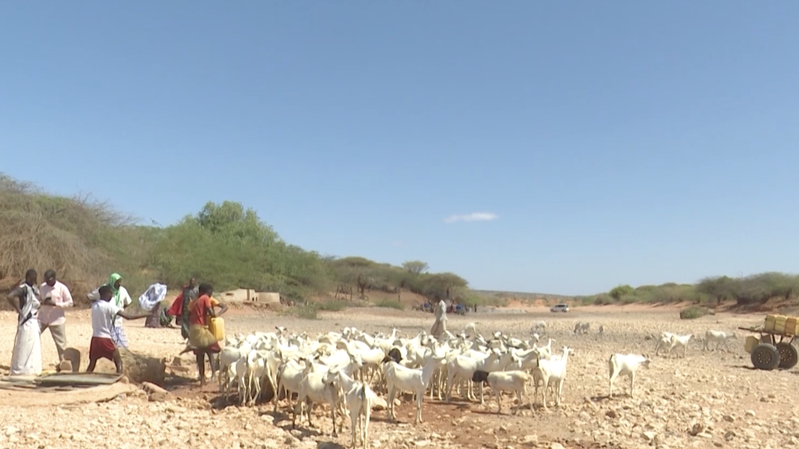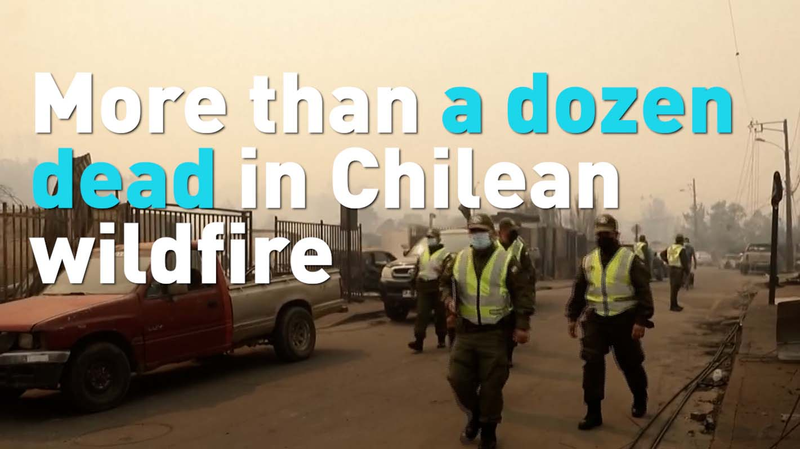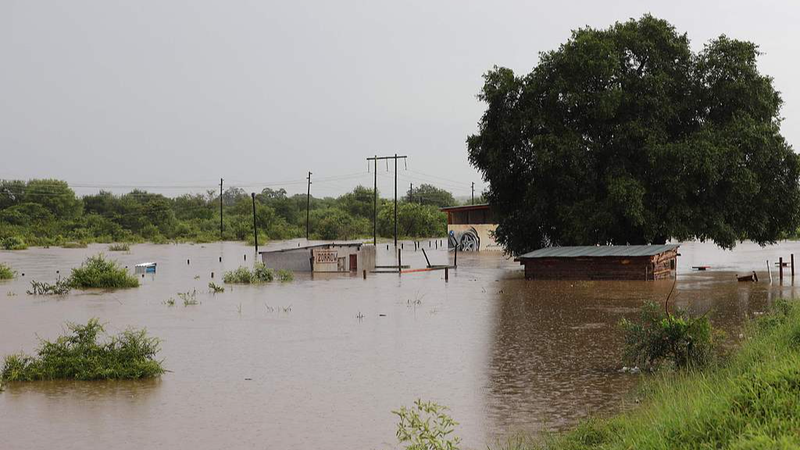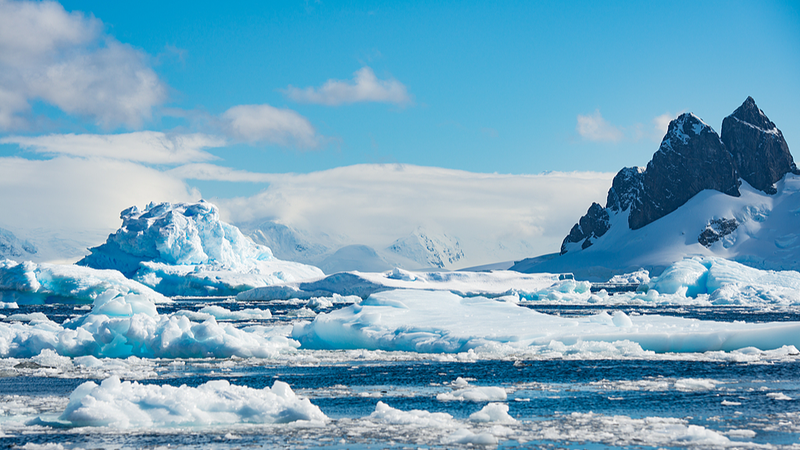Winter on the Great Lakes just isn't what it used to be ❄️🌊. This year, the vast freshwater expanse that is the Great Lakes in North America is nearly ice-free, and scientists are hitting the pause button on important research. For over six decades, biologists from Michigan Tech University have braved the frigid winters to study a fragile wolf population on a remote island in Lake Superior. Since 1958, they've relied on the frozen lake as their landing strip. But this winter, Mother Nature had other plans. With the lakes almost entirely devoid of ice, the team had to cancel their annual survey for the first time. \"It's wild to think that something so consistent could change so drastically,\" said Trista Vick-Majors, an assistant biology professor who studies aquatic ecosystems at Michigan Tech. \"This year really drives home the point that we need to collect more data. There's just no way you can predict how an ecosystem is going to respond to the large-scale changes we're looking at.\" 🌎 As climate change picks up speed, the lack of ice on the Great Lakes isn't just hitting researchers—it's a signal of bigger shifts in our world's largest freshwater system. Over the past 50 years, ice coverage on the lakes typically peaked in mid-February, sometimes covering up to 91% of the surface. But this year? A mere 3% coverage, the lowest since records began in 1973, according to the Great Lakes Ice Tracker. These lakes aren't just a backdrop—they're vital to the region's ecology, economy, and culture. From impacting local weather patterns to affecting the habitats of countless species, the iceless winters pose questions we're only beginning to understand. For students, professionals, and adventurers alike, the changing face of the Great Lakes is a wake-up call. 🌊💡 Whether it's disrupting scientific research or hinting at broader environmental shifts, it's a reminder that climate change isn't a distant concept—it's happening now. So next time you think about icy winters, remember that in some places, they're melting away. And with them, perhaps, the way we understand our world.
Reference(s):
Scientists seek to understand impacts of lack in ice of Great Lakes
cgtn.com




